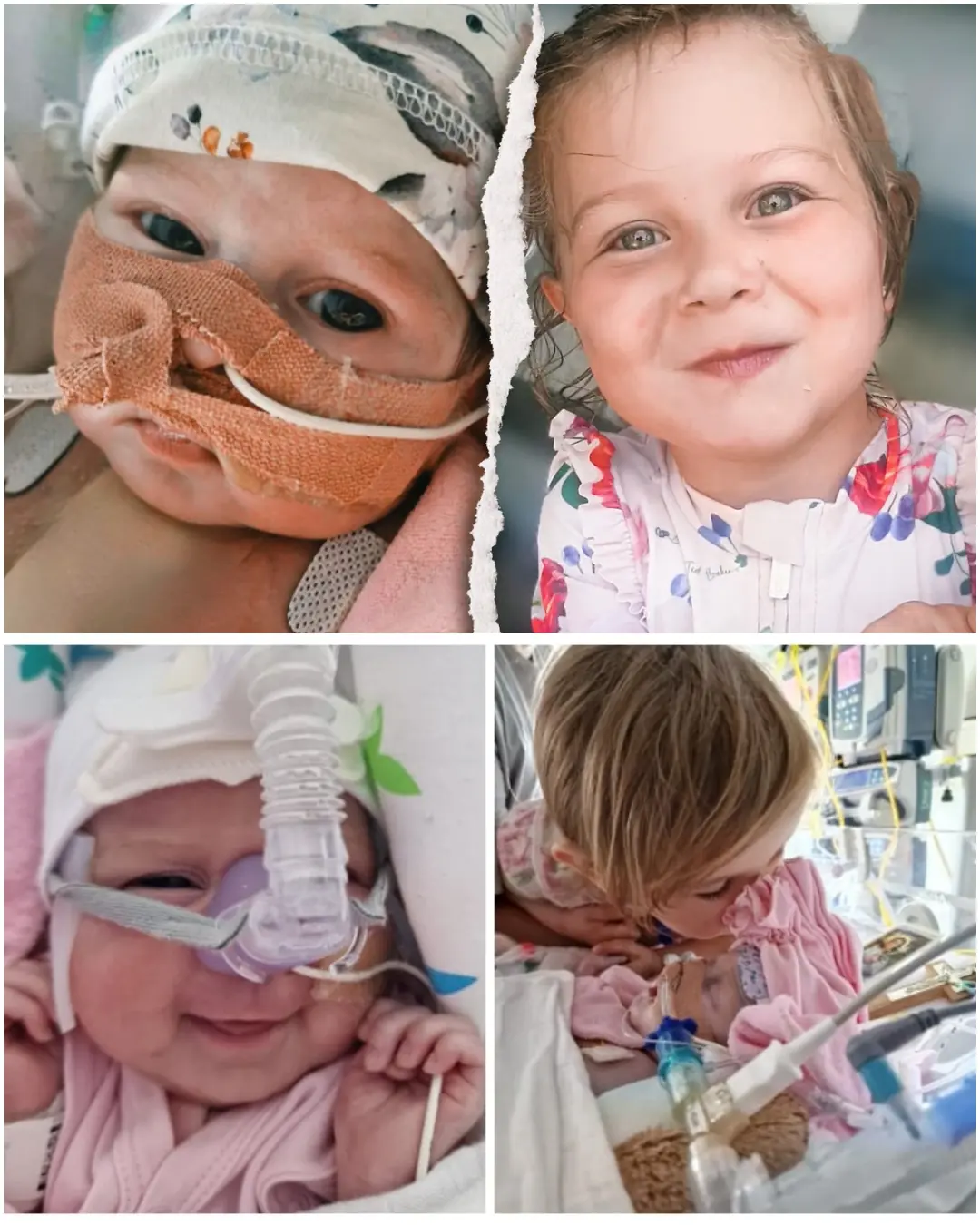
The Dying Lions of Khartoum: A Cry for Compassion Amid Collapse
The Starving Lions of Khartoum: A Cry for Mercy in a Forgotten Zoo
In the heart of Khartoum, Sudan — where the dry desert wind whispers through cracked buildings and over dust-covered streets — a haunting image has emerged from the shadows of neglect and conflict. Inside the crumbling confines of Al-Qurashi Park Zoo, four emaciated lions lie weak and skeletal, their ribs sharply defined beneath thinning skin, their eyes hollow with exhaustion. Struggling to survive, these once-majestic creatures have become a symbol of suffering too severe to ignore.
Once a modest city attraction, the Al-Qurashi Park Zoo has all but collapsed. Years of economic collapse, political unrest, and governmental indifference have left the animals there abandoned. With no consistent funding, no access to food, and no veterinary care, the remaining caretakers are powerless to provide even the most basic necessities. Most of the zoo’s animals have already perished or been relocated — but the lions remained, languishing in silence until the world finally noticed.
The wake-up call came through a series of viral photographs: images of the lions lying helpless in their cages, bones protruding beneath their fur, eyes clouded with pain. The internet reacted with horror and outrage. Among those who answered the call was Four Paws International, a Vienna-based animal welfare group renowned for crisis rescues in war-torn or disaster-struck regions.
Jeff George and his colleague, Dr. Amir Khalil, led the emergency response team. But what they encountered in Khartoum stunned even these seasoned rescuers.
“I was devastated,” said Dr. Khalil, recalling his first encounter with the lions. “Two of them were on the brink of death — dehydrated, frail, and weighing less than a third of what a healthy lion should. It’s impossible to understand how this kind of suffering was allowed to go on.”
The mission was fraught with challenges from the outset. Upon arrival, Sudanese customs officials confiscated most of the team’s medical supplies and equipment due to missing or delayed documentation. Without access to critical tools, the rescuers had to improvise — using makeshift treatments, basic instruments, and local resources in an attempt to stabilize the animals.
Despite years of field experience rescuing animals in conflict zones from Gaza to Iraq, Khalil admitted this case was among the worst he had ever encountered. The suffering of the lions wasn’t just physical; it was systemic, rooted in the broader collapse of Sudan itself.
Since the ousting of longtime dictator Omar al-Bashir in 2019, Sudan has remained mired in economic turmoil. Widespread poverty, food insecurity, and governmental instability have devastated the country’s infrastructure. What little aid exists has been directed toward human needs — and even that falls tragically short. For the animals, there is no voice, no vote, and often, no hope.
The lions, once symbols of power and pride, are now emblems of abandonment. One lioness, too weak to lift her head, died from starvation just days before the Four Paws team arrived. Her body, lifeless in the cage, served as a dire warning of what awaited the others.
“We couldn’t even find a muscle with enough tissue to inject medication,” Khalil said. “Their bodies are so deteriorated they barely resemble the proud predators they once were.”
And yet, amid the despair, a glimmer of hope began to shine through.
The shocking photos sparked international outrage and an outpouring of support. Donations from around the world began to pour in — food, medical supplies, and funds from people who refused to look away. Social media campaigns and animal rights advocates amplified the urgency, pushing officials to take action.
Bader el-Deen Wassim, the zoo’s director, cautiously expressed optimism. “The attention gives us hope,” he said. “We have plans to renovate the zoo, to provide better care, and most importantly, to ensure this never happens again. The lions are showing signs of recovery — it’s slow, but it’s something.”
After weeks of delay, Sudanese authorities finally agreed to release the confiscated medical supplies to the Four Paws team — a small yet significant victory in an otherwise grim narrative.
Still, the road to recovery remains long and uncertain. Two of the lions remain in critical condition, their survival dependent on ongoing care and a consistent supply of food and medication. Their futures hang in a delicate balance.
For now, though, they are alive. They are eating small portions, receiving hydration, and are no longer suffering in silence. More importantly, they are surrounded by people who finally see them — not just as starving animals in a forgotten zoo, but as living beings worthy of compassion, dignity, and respect.
Standing beside one of the weakened lions, Dr. Khalil offered a reflection that resonated far beyond the confines of the zoo.
“This isn’t about politics. This isn’t about religion,” he said. “This is about humanity — about how we treat the most vulnerable, especially when they have no voice to cry out.”
In a land scarred by years of conflict, famine, and political failure, the starving lions of Khartoum have become unlikely messengers. Their pain has stirred hearts across continents, reminding the world that compassion must extend beyond human borders — that mercy should not be selective.
And perhaps, if even one lion can rise again, stronger and unbroken, there may still be hope not just for the animals of Sudan — but for the country itself.
News in the same category

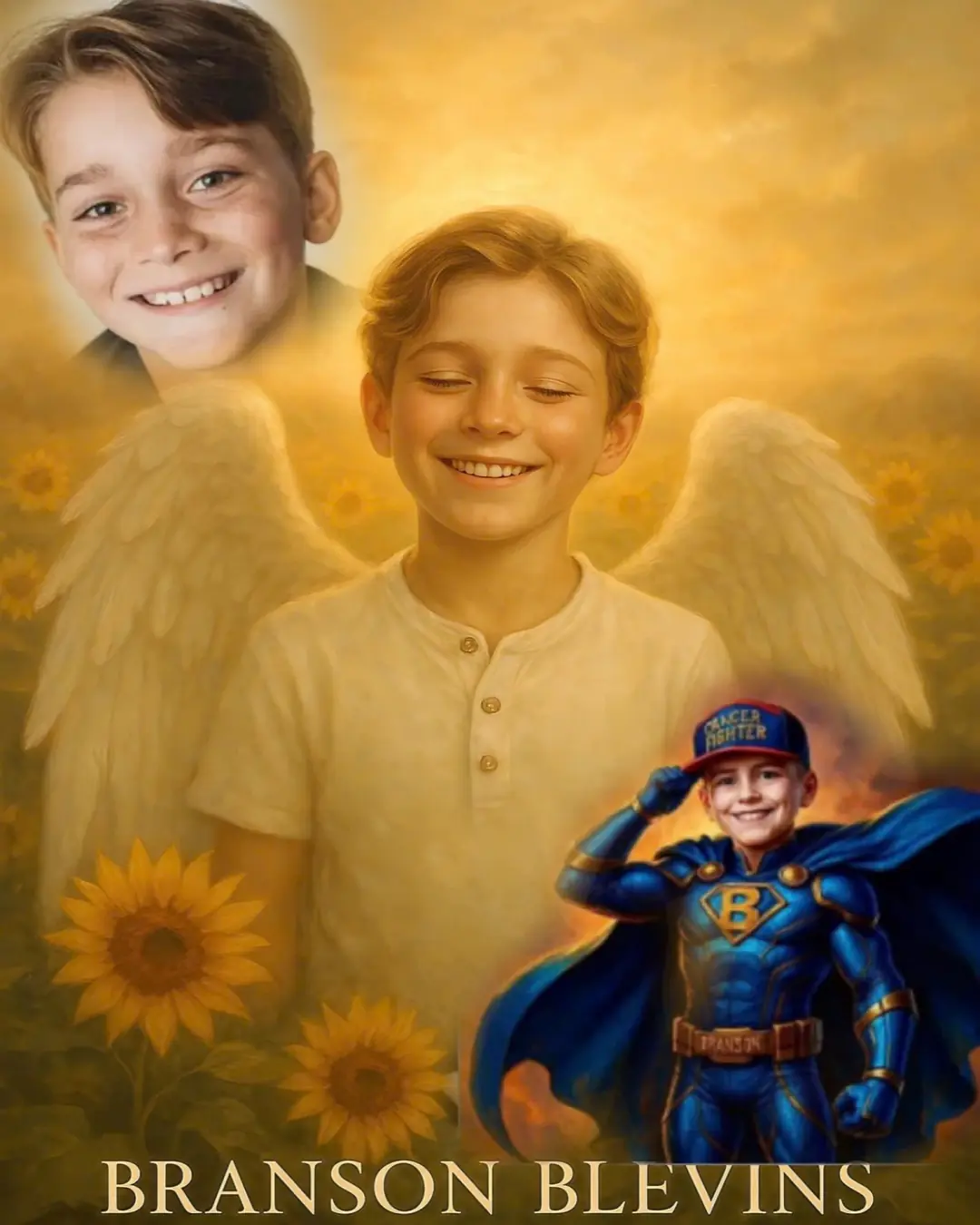
Branson Blevins: A Young Warrior’s Battle Against Adversity
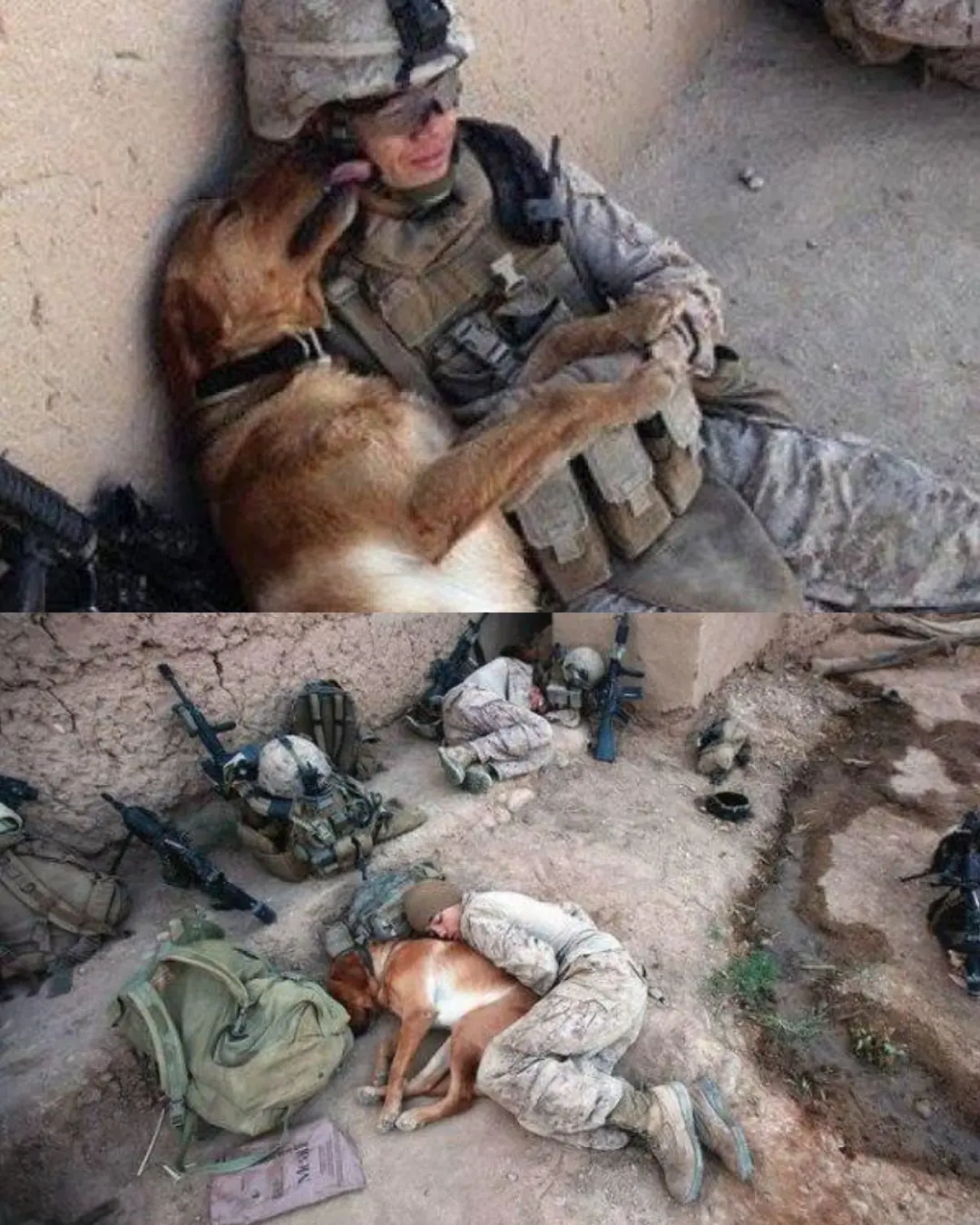
The Silent Reunion — A Soldier, A Dog, and the Sound of Love

A Family’s World Turned Upside Down: Little Marcelek’s Fight Against a Rare Tumor
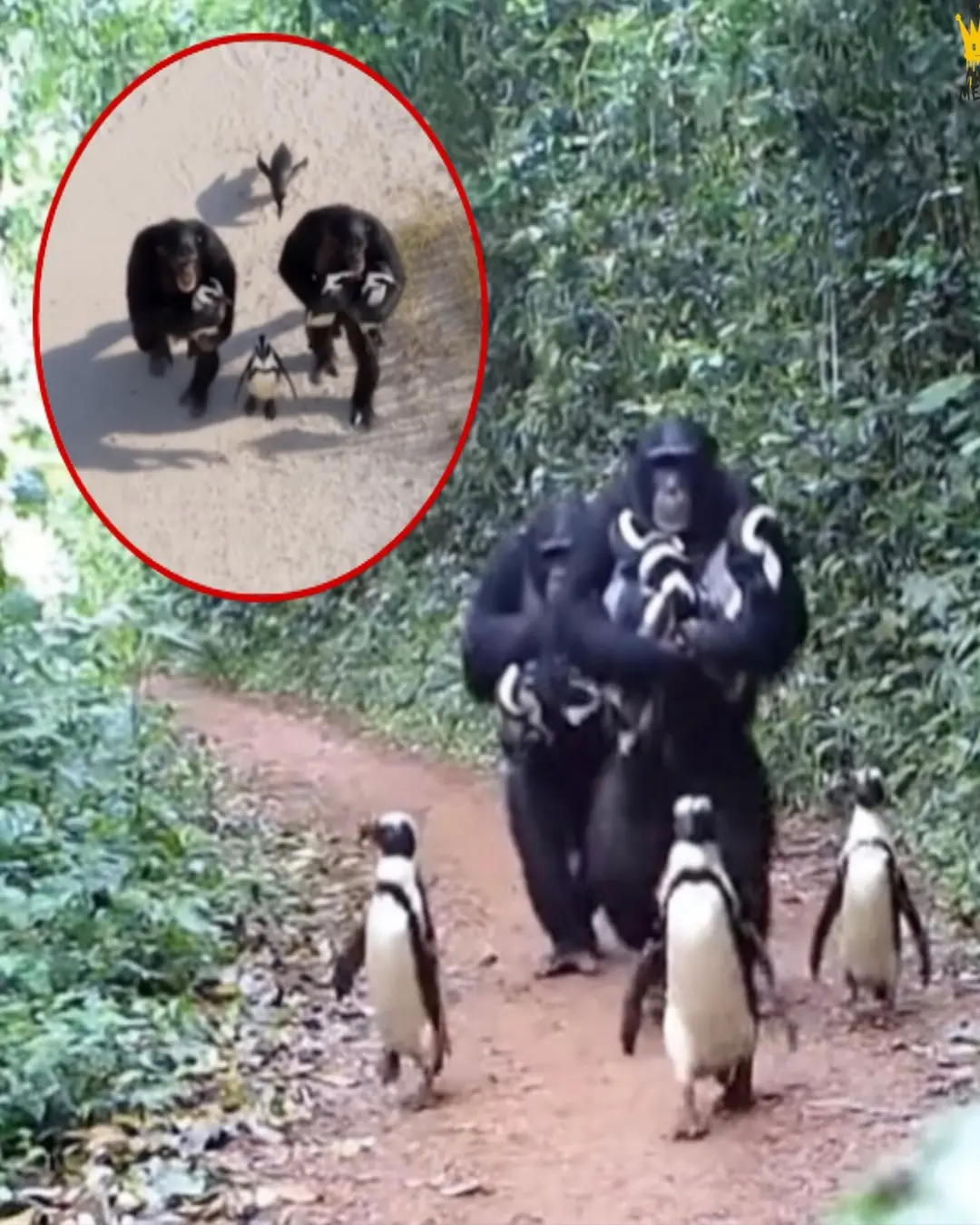
When Chimps Became Caretakers: The Unbelievable Bond Between Apes and Penguins
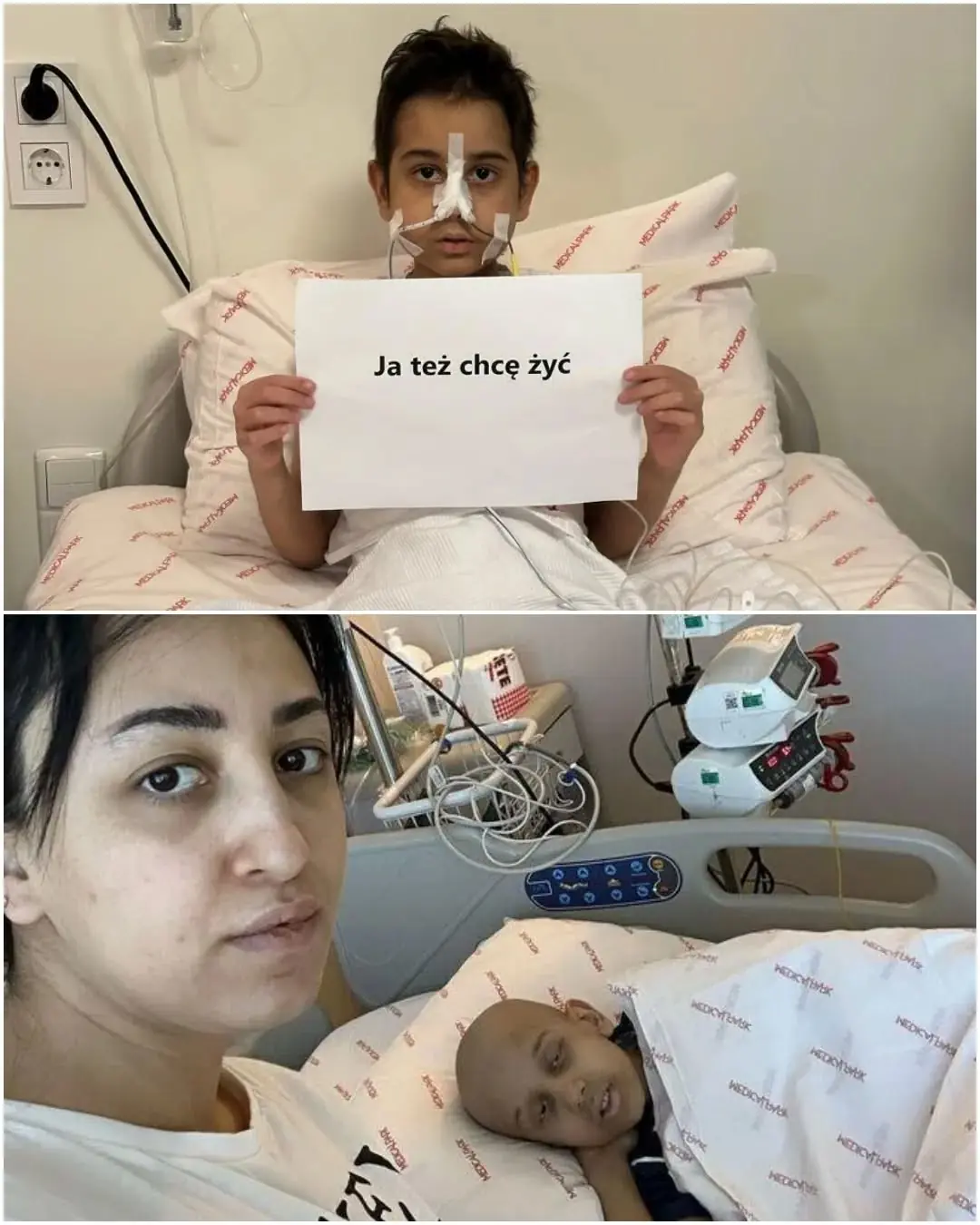
A Father’s Plea: Fighting for Elxan’s Life

“God’s Got This” — The Miracles of Little Carson Curry
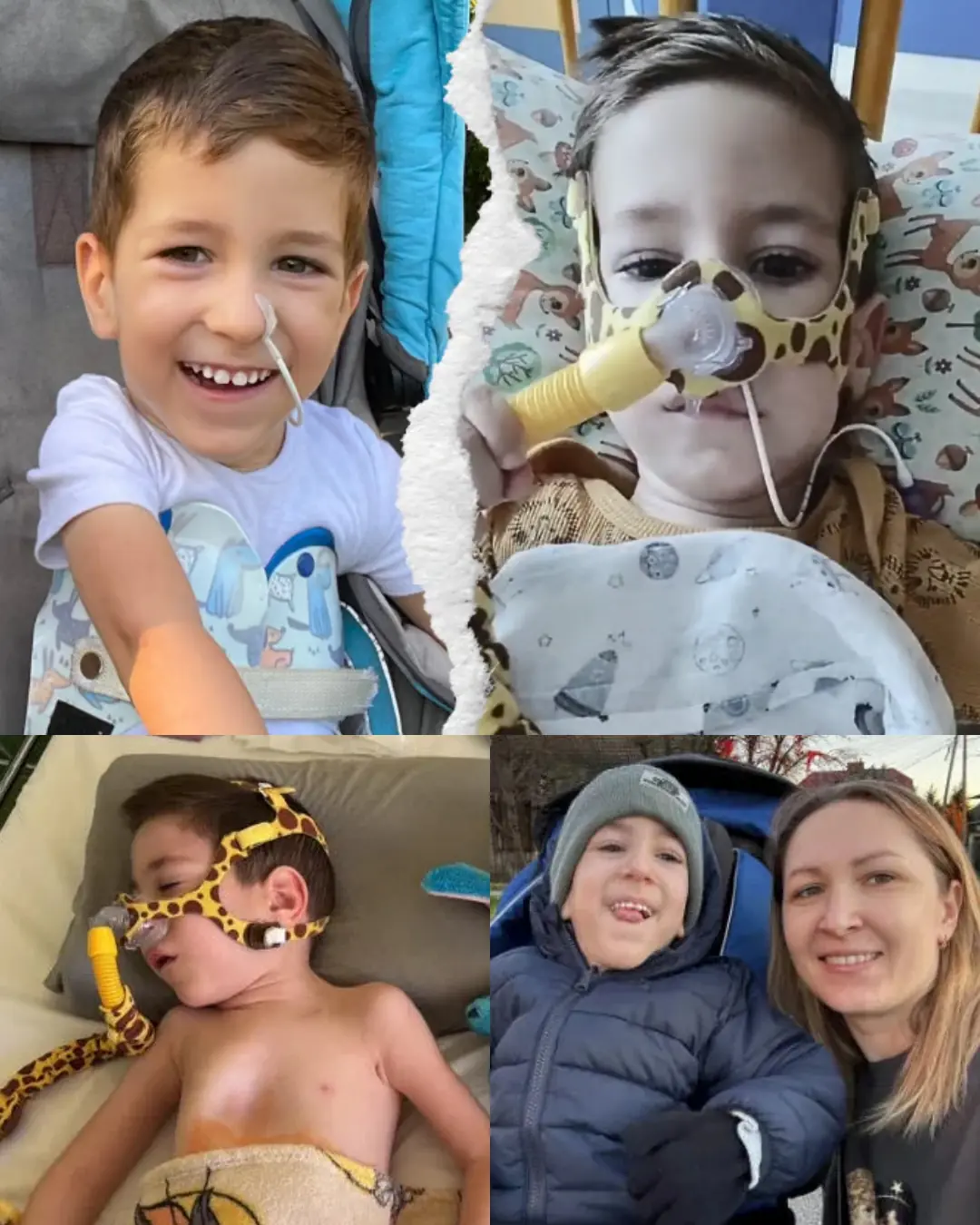
Iwan’s Fight for a Future: A Family’s Unyielding Hope in the Face of SMA
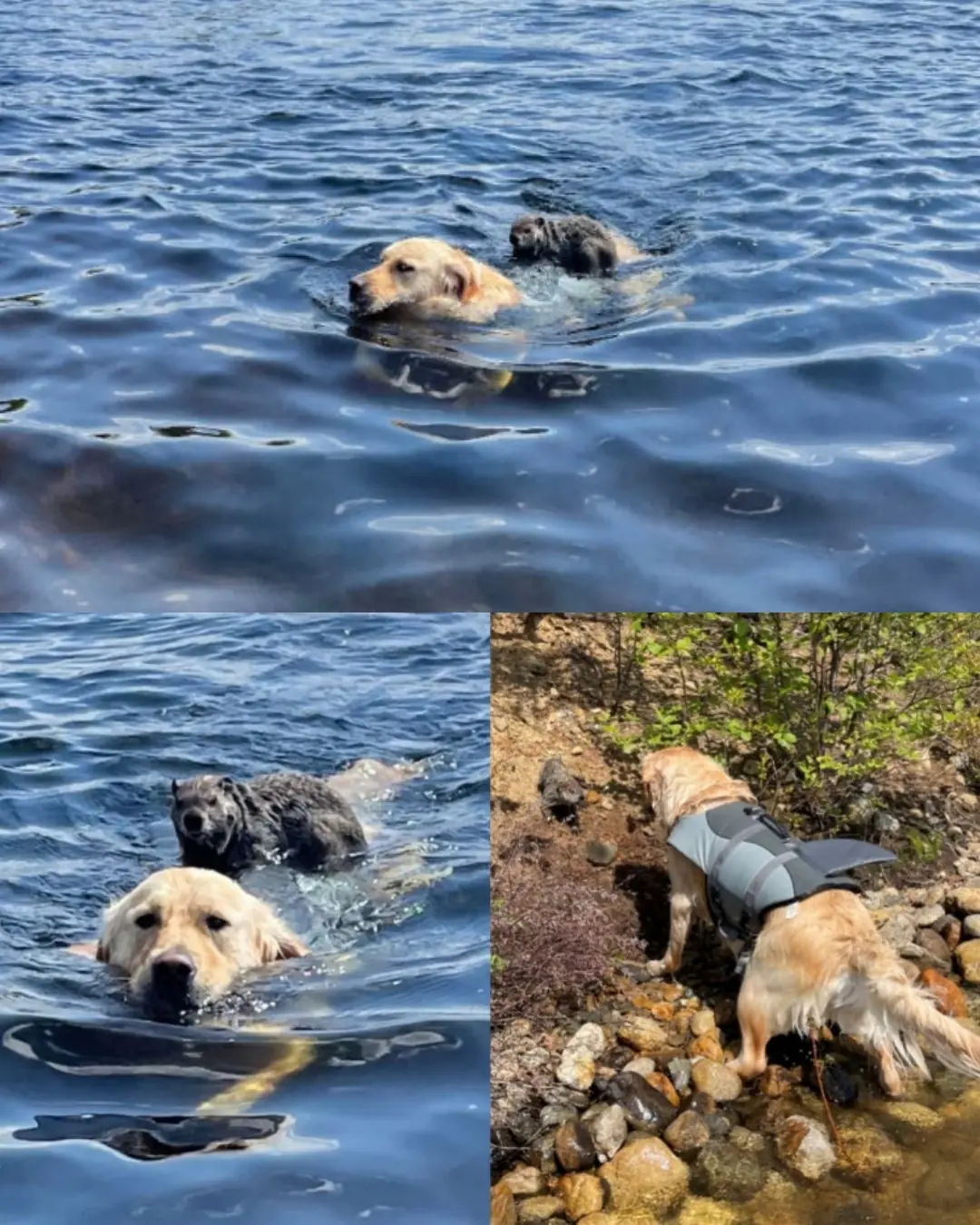
The Dog, the Woodchuck, and the Day Kindness Floated to Shore

A Fragile Beginning: Baby Zosia’s Fight for Life

Love That Doesn’t Break – A Mother’s Prayer for Brielle
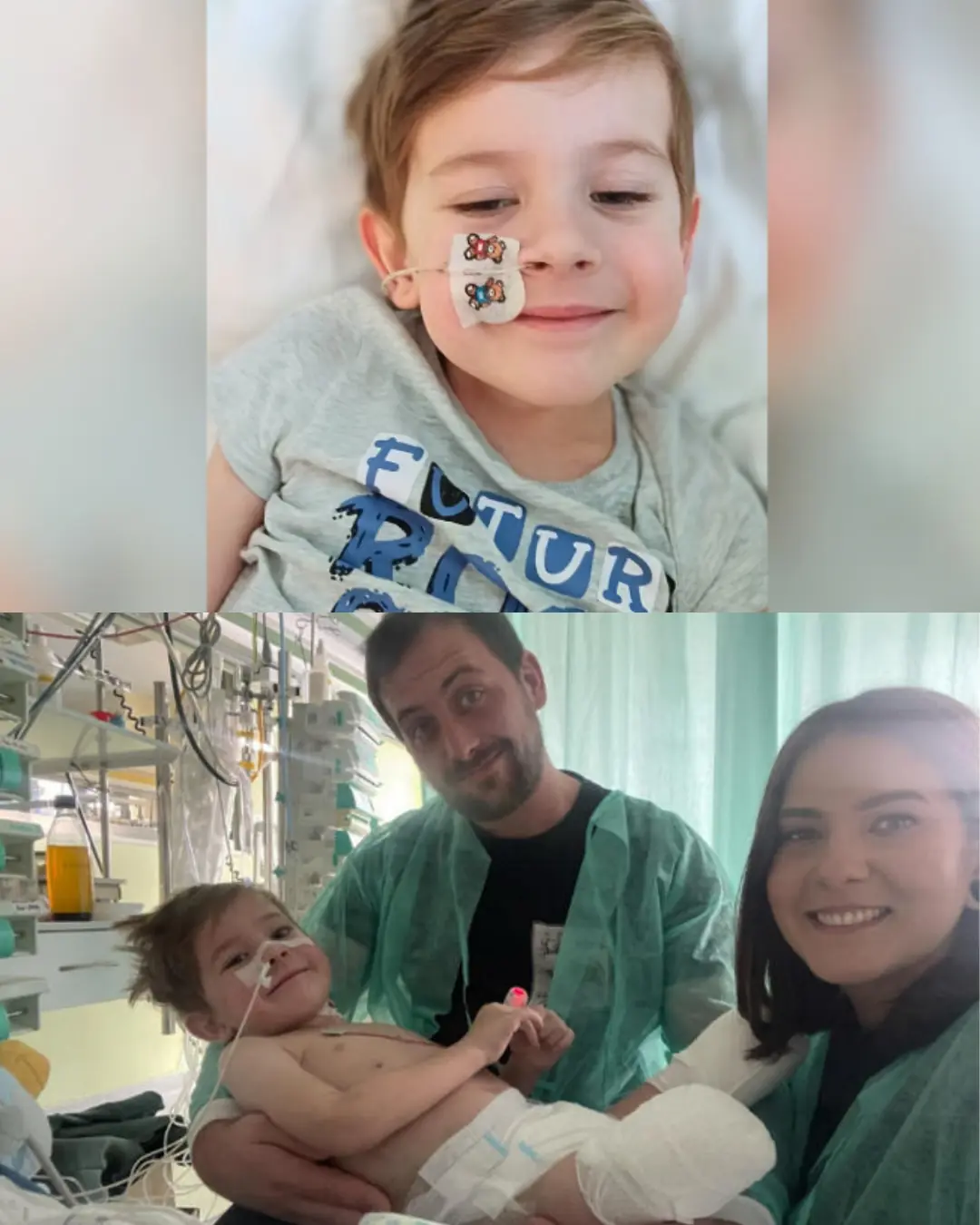
A Life Changed Overnight: Little Jakub’s Fight to Live, Walk, and Smile Again
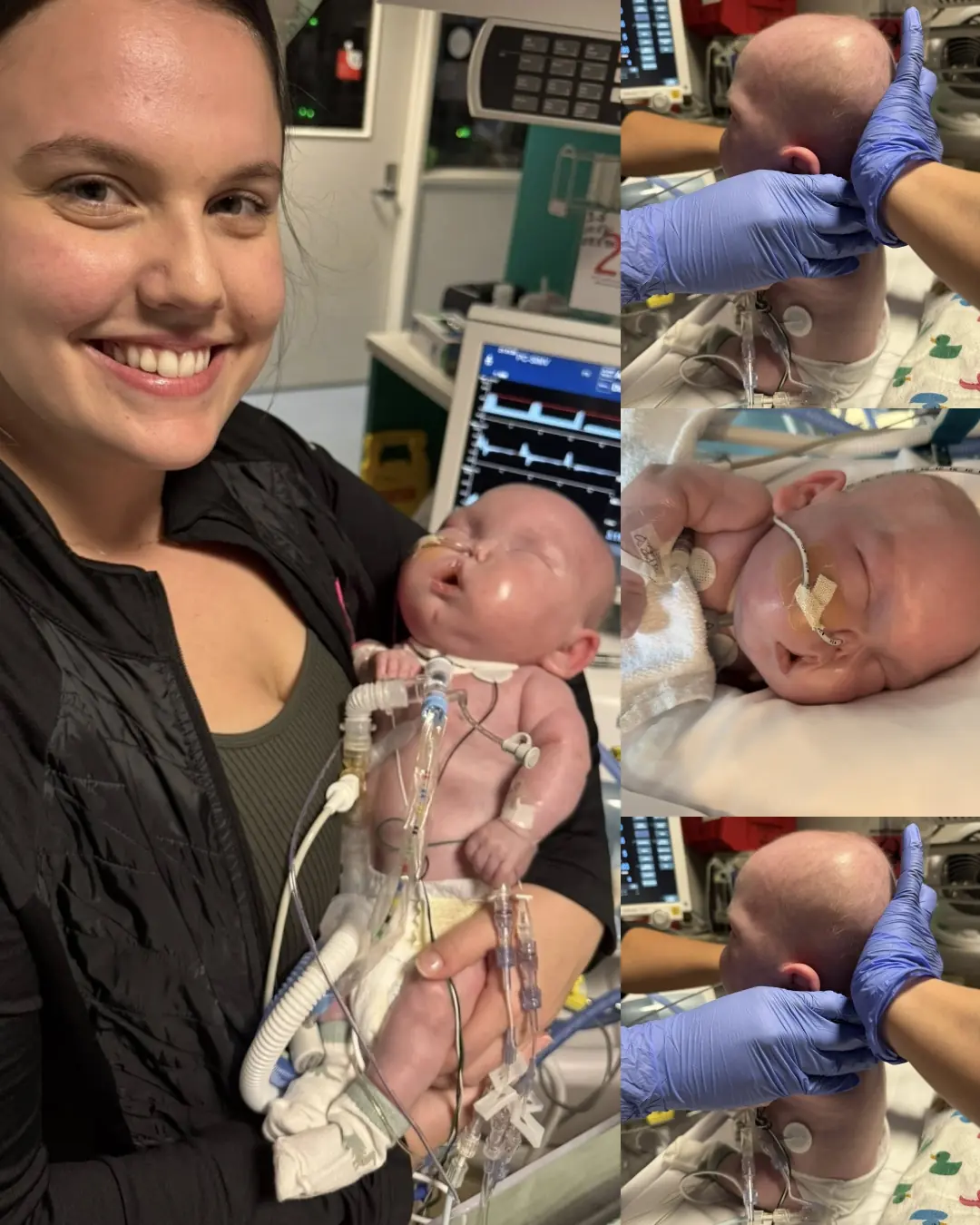
One Less Line, One More Hope — Theo’s Beautiful Step Forward
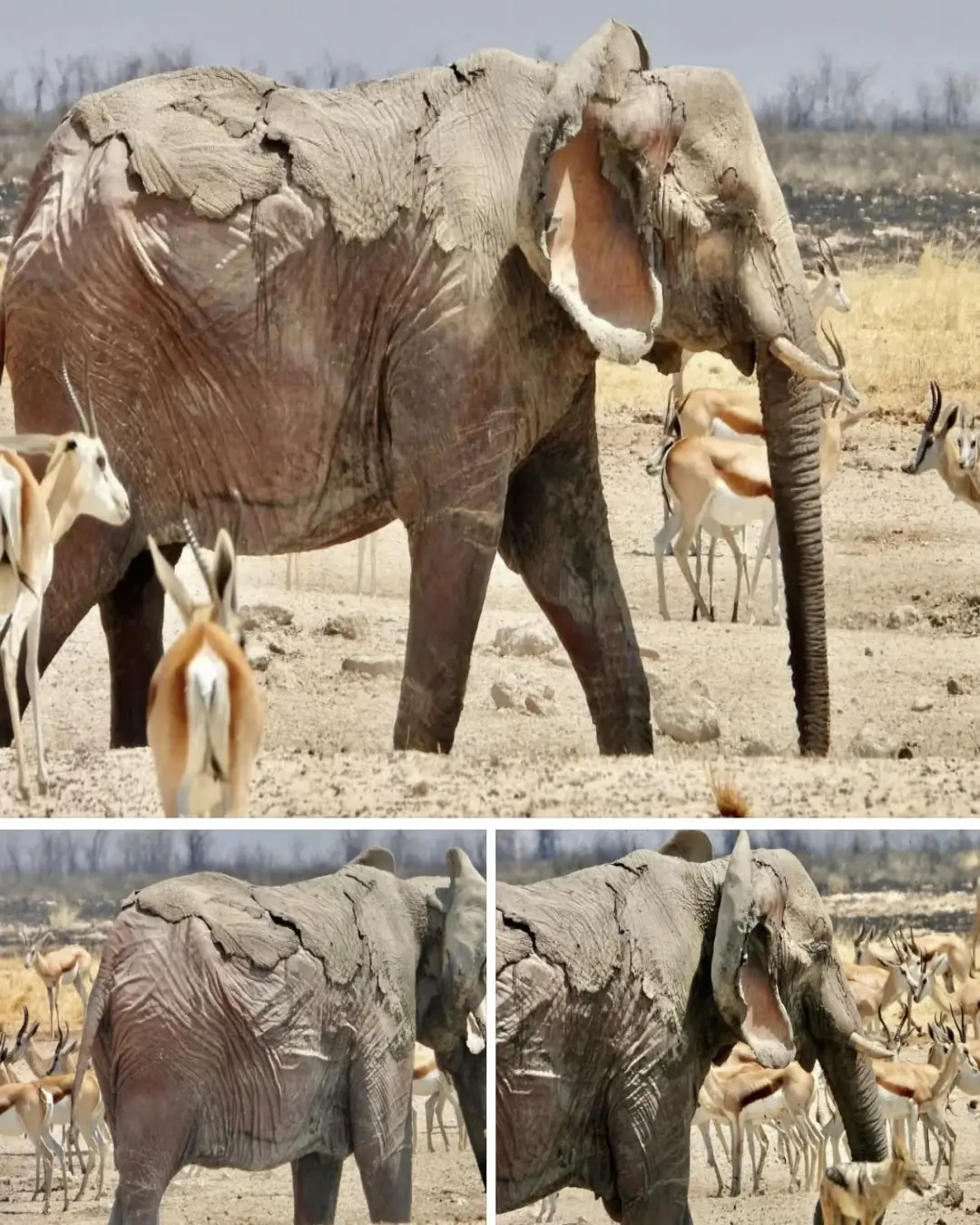
Tragedy in Etosha: The Burning Silence of a Dying Giant
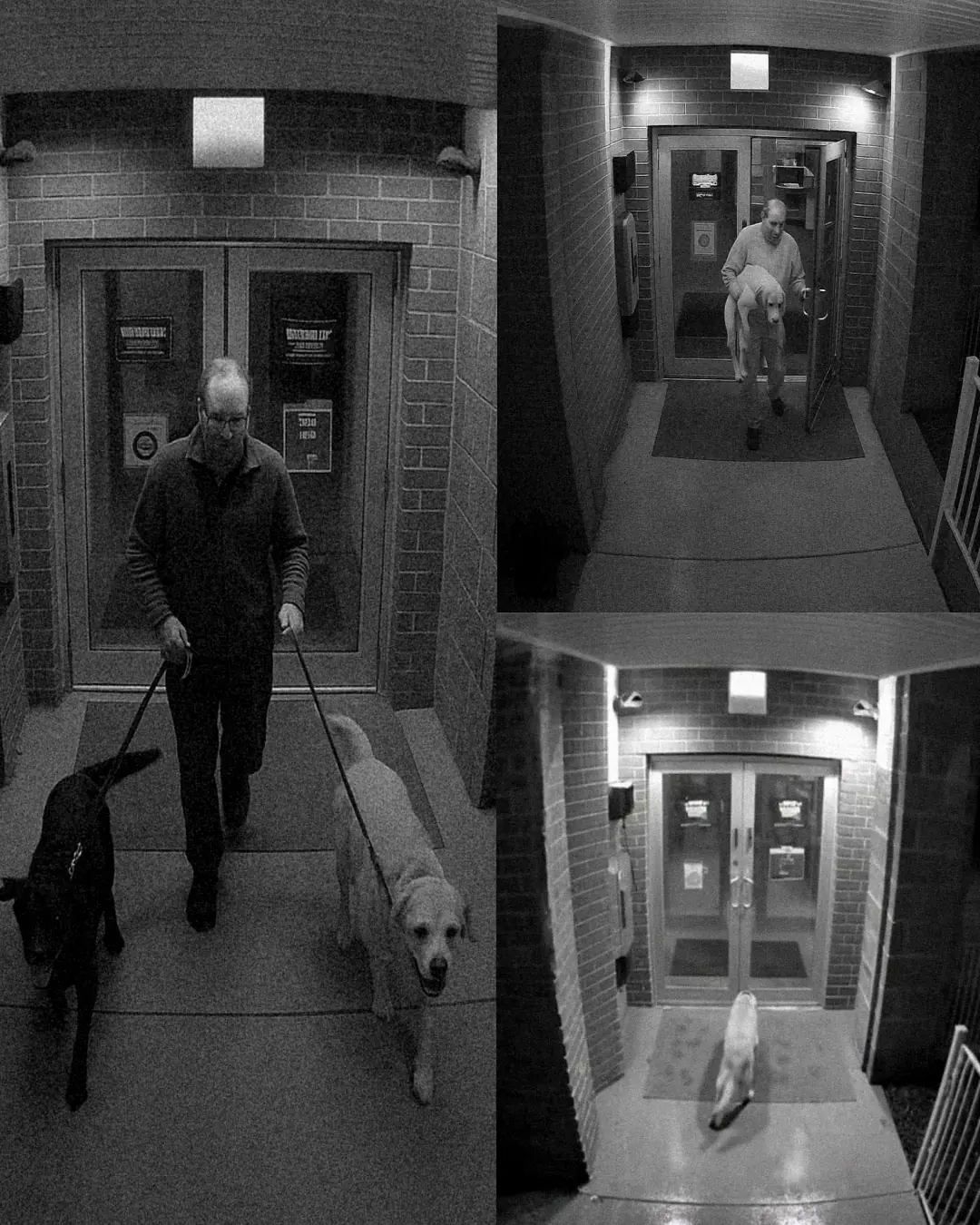
TWO HEARTS FIND HOME AGAIN: THE STORY OF JOHN AND SALLY

Born with Half a Heart: Baby Oliwka’s Fight for Life
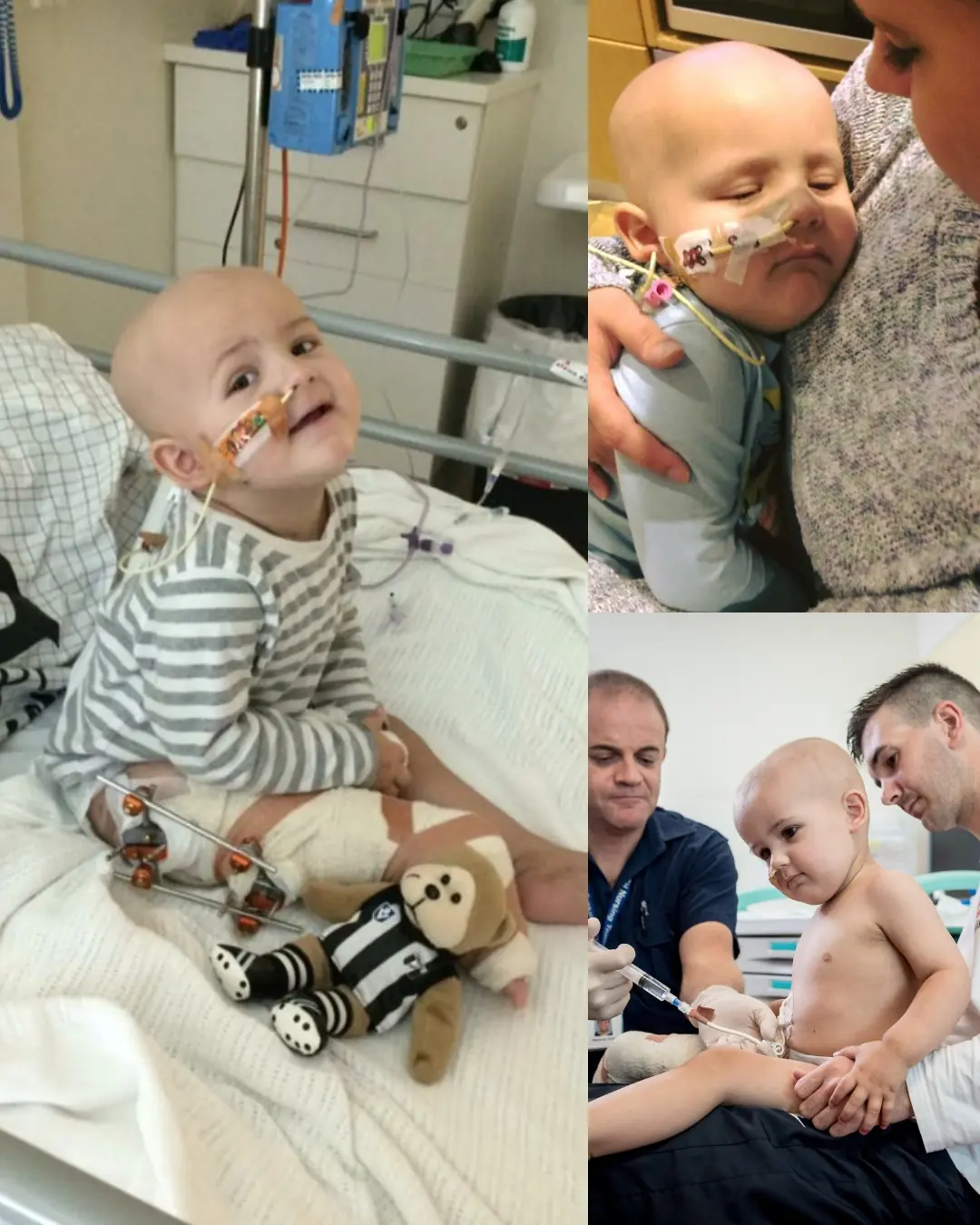
“Little Warrior: How Raedyn’s Strength and His Mother’s Instincts Kept Him Fighting”
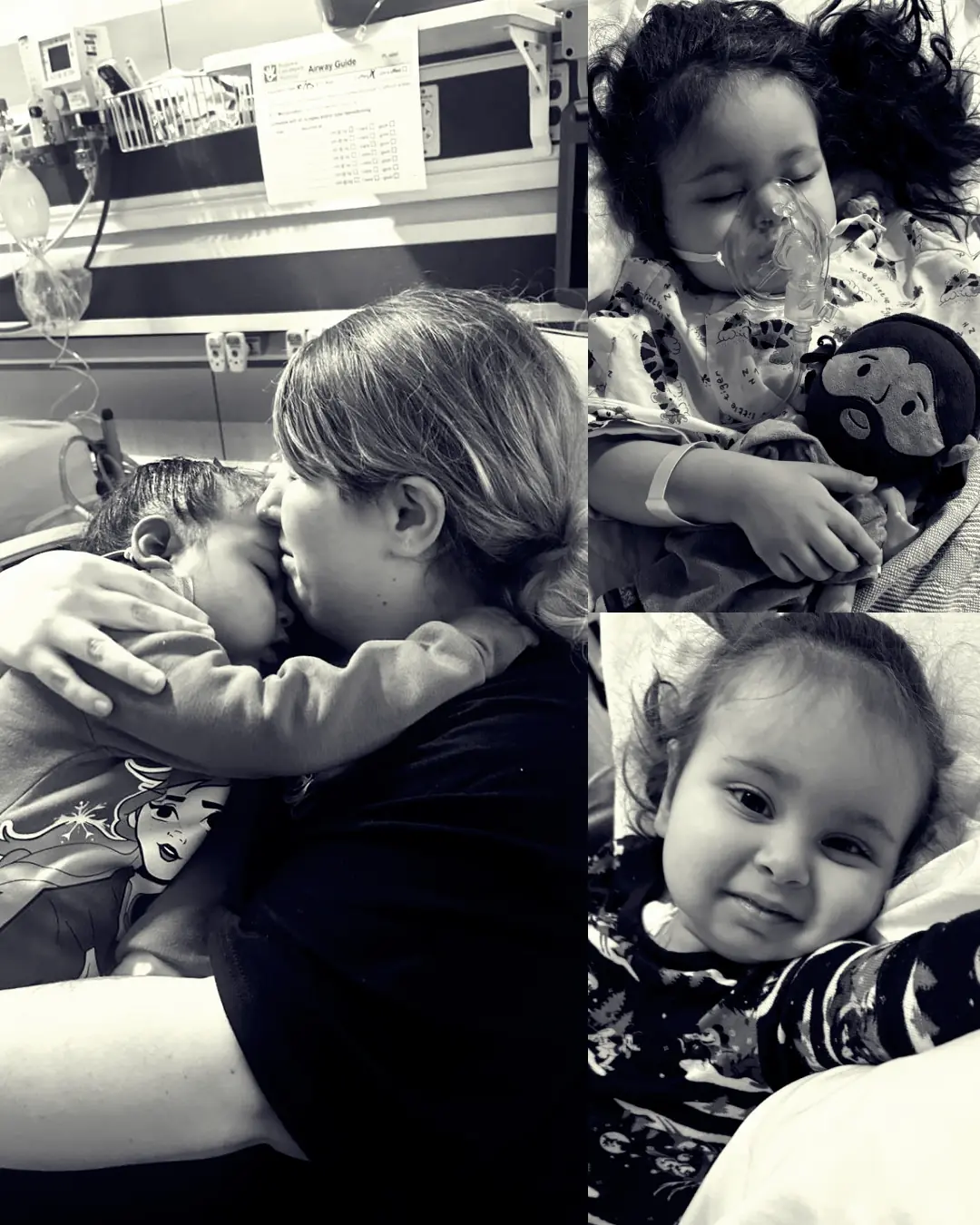
GOODBYE, SWEET SELENA — A MOTHER’S LAST EMBRACE
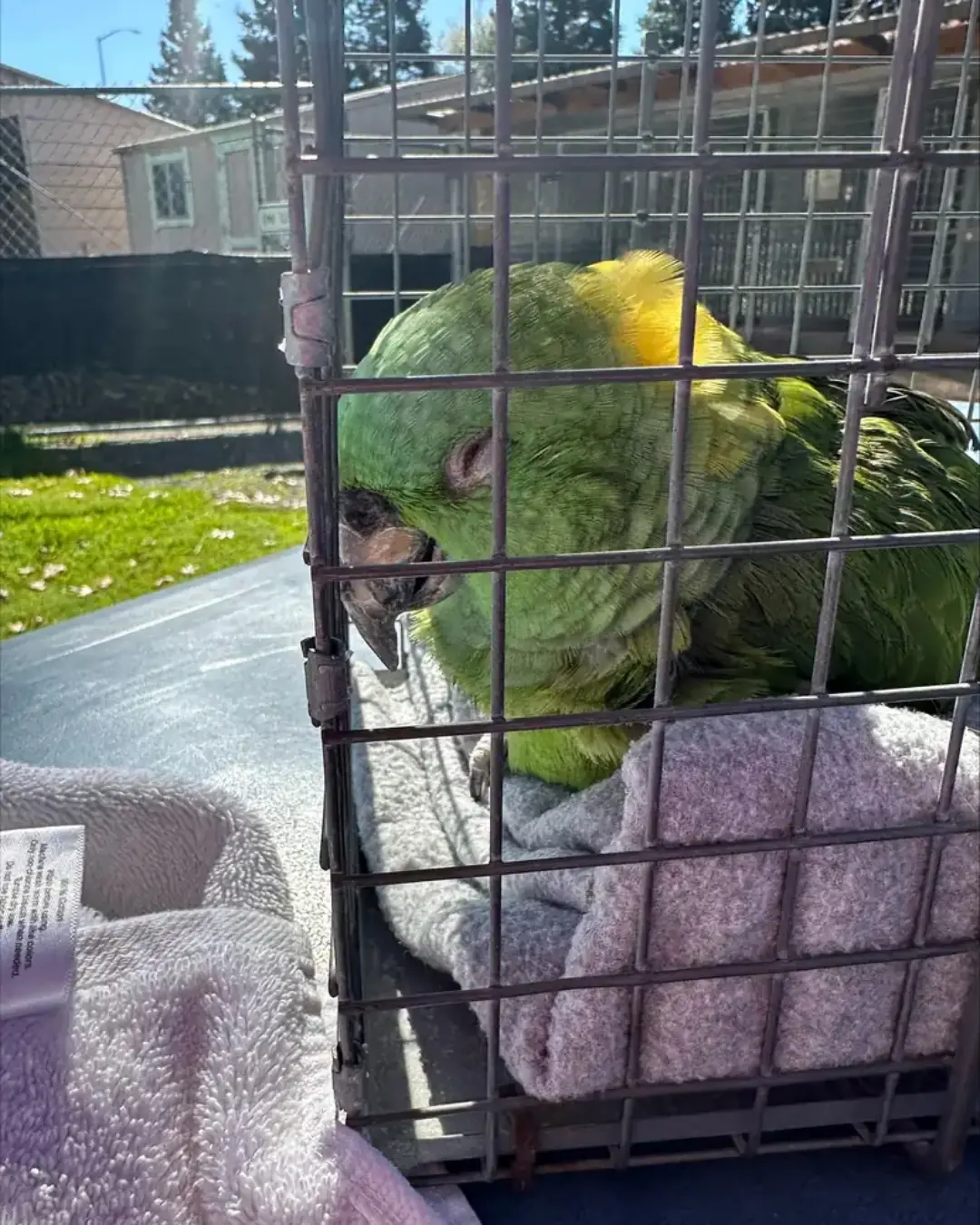
40-Year-Old Parrot Waits Alone for 2 Weeks in Empty Home, Collapses After Finally Being Rescued.
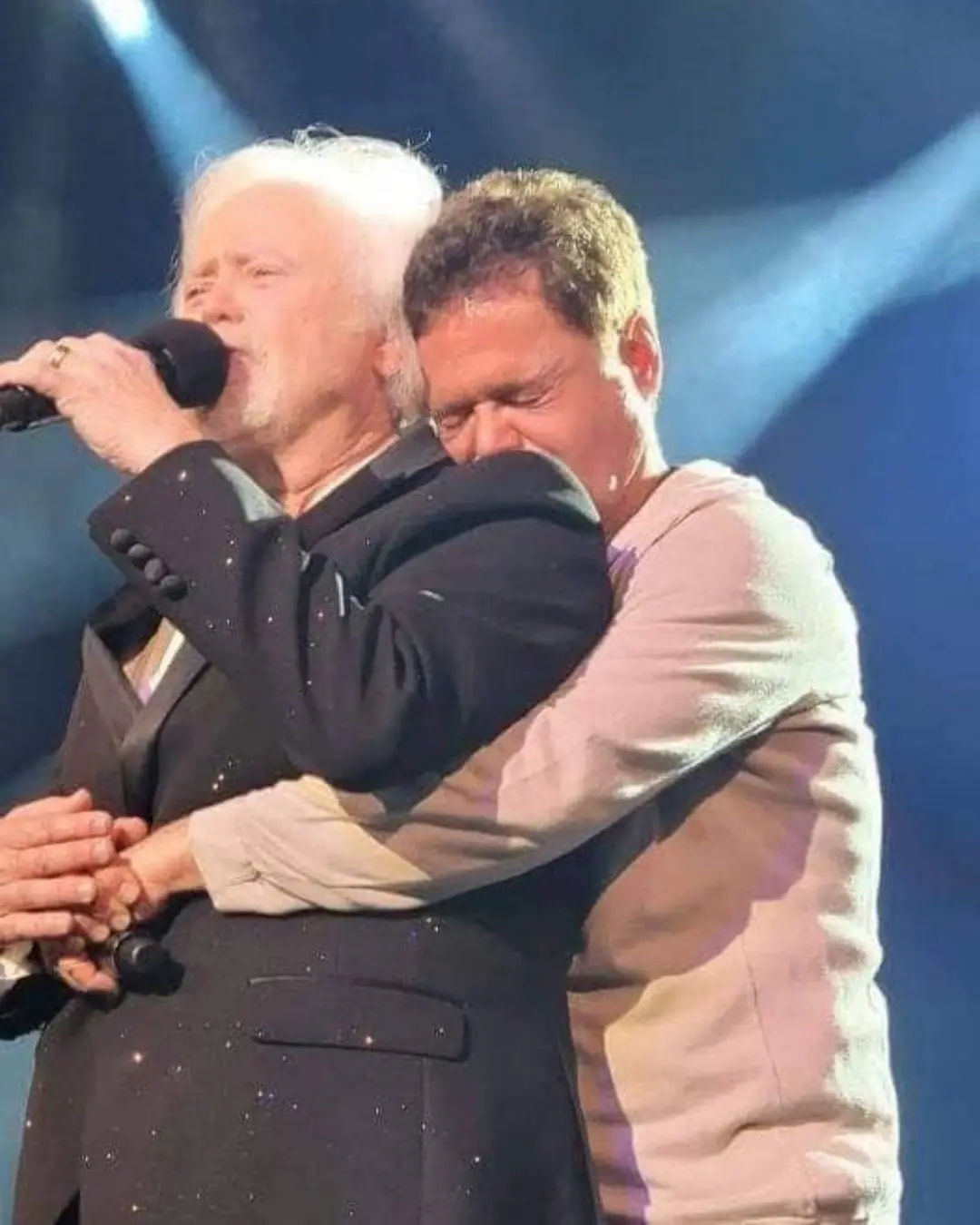
When the Music Became a Goodbye.
News Post

A Heart That Refuses to Give Up — Dorotka’s Fight for Life

Branson Blevins: A Young Warrior’s Battle Against Adversity

The Silent Reunion — A Soldier, A Dog, and the Sound of Love

A Family’s World Turned Upside Down: Little Marcelek’s Fight Against a Rare Tumor

When Chimps Became Caretakers: The Unbelievable Bond Between Apes and Penguins

A Father’s Plea: Fighting for Elxan’s Life

“God’s Got This” — The Miracles of Little Carson Curry

Iwan’s Fight for a Future: A Family’s Unyielding Hope in the Face of SMA

The Dog, the Woodchuck, and the Day Kindness Floated to Shore

A Fragile Beginning: Baby Zosia’s Fight for Life

Love That Doesn’t Break – A Mother’s Prayer for Brielle

A Life Changed Overnight: Little Jakub’s Fight to Live, Walk, and Smile Again

One Less Line, One More Hope — Theo’s Beautiful Step Forward

Tragedy in Etosha: The Burning Silence of a Dying Giant

TWO HEARTS FIND HOME AGAIN: THE STORY OF JOHN AND SALLY

Born with Half a Heart: Baby Oliwka’s Fight for Life

“Little Warrior: How Raedyn’s Strength and His Mother’s Instincts Kept Him Fighting”

GOODBYE, SWEET SELENA — A MOTHER’S LAST EMBRACE

40-Year-Old Parrot Waits Alone for 2 Weeks in Empty Home, Collapses After Finally Being Rescued.
